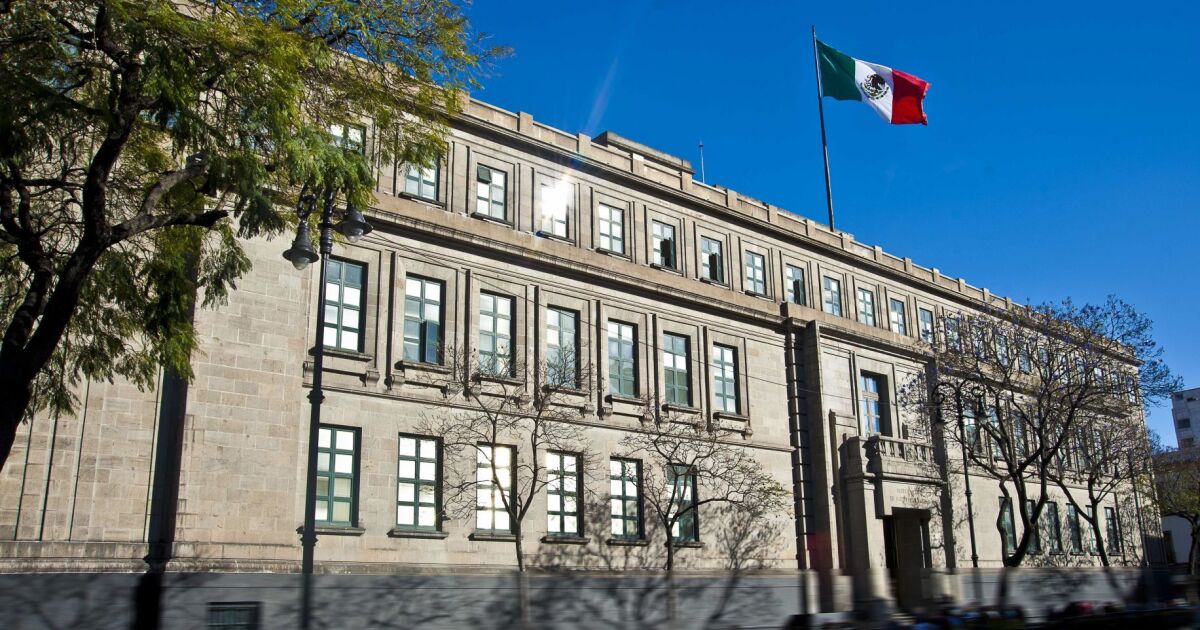Constitutional experts have also pointed out that the new administrative body could be captured by the Executive Branch and its partybecause it is proposed that it be made up of five people – two less than those currently making up the Judicial Council – who will be appointed: one by the President of the Republic, one by the Senate and three by the new Supreme Court, resulting from the reform.
“The Judicial Council today is made up of one counselor appointed by the President, two by the Senate and three by the Supreme Court. That is, there are three here appointed not by the Supreme Court, but by politicians (…) but if you have a party with a qualified majority, then here it can influence the decisions of the Body, (it should also be noted) that today the Judicial Council is very clear, it has three counselors from Morena, and this has not ended up affecting the functioning of the bodies,” said José María Soberanes, an expert in constitutional law.
In the analysis carried out by the SCJN, it is noted that the Judicial Branch establishes that it seeks to have democratic legitimacy to enforce its decisions, but points out that this “would be indirect”, since The members of the Judicial Administration Body will not be elected by popular vote, but by decision of officials.
For this reason, this study center considers that it is necessary to reflect on the composition of the proposed administrative body in terms of its plural representation and number of members, because one of the purposes of this reform is “the democratization of the Judicial Branch”; therefore, the highest court of justice recommends that members of academia, political forces and civil organizations be incorporated into this new body.
He The Judiciary is made up of 127,388 people, who could be affected by these changes proposed by the federal president. According to the National Census of State and Federal Justice Administration of INEGI, in 2023 the Judicial Branch of the Federation was composed of 54,388 people and the local judicial branches, of 73,000.
Lobbying budget damages independence
The President’s proposal also establishes that this body will be in charge of preparing the general budget of the Judiciary and will send it to the Federal Executive so that, via the Ministry of Finance and Public Credit, it is included in the Draft Budget of Expenditures of the Federation (PPEF).
However, the analysis by the Centre for Constitutional Studies also warns that the fact of submitting the preparation of the budget of the Judicial Branch through an administrative body and lobbying these resources with various bodies, can be “harmful to judicial independence.”
The above, citing a report by the United Nations Special Rapporteur on the independence of judges and lawyers, which points out the importance of allocating a percentage of the nation’s annual budget to the Judiciary to guarantee its independence.
“By not having to lobby for these resources every year, it would give the Judiciary not only financial autonomy, but would also contribute to guaranteeing judicial independence (…) It would be a good time to establish in the Constitution that at least 2% of the annual budget should be allocated to the operation of the Judiciary,” states the SCJN document, recalling that in Mexico this Branch of the Union is assigned the lowest budget in proportion to the PB compared to other Latin American countries.
In an interview, Soberanes mentioned that in order for the Judiciary not to depend on political “ups and downs” and for the Judicial Administration Body (OAJ) not to lobby the annual budget, there should be fixed resources.
“The best thing would be to have a fixed budget so that it would not depend on political ups and downs, but in this respect there is little change from what we have now. It could be improved, yes, but it would leave it practically the same. If it had a fixed percentage of GDP. For example, 1%, that would be an improvement,” he said.
















